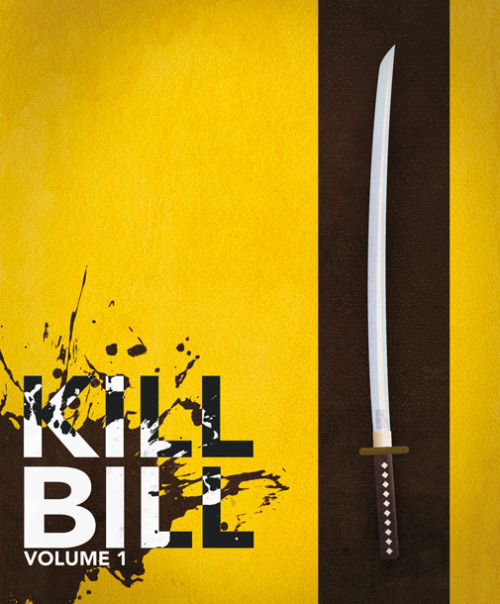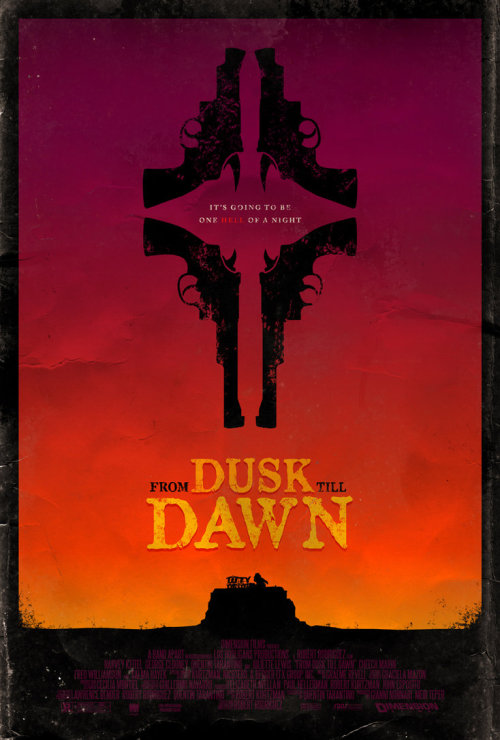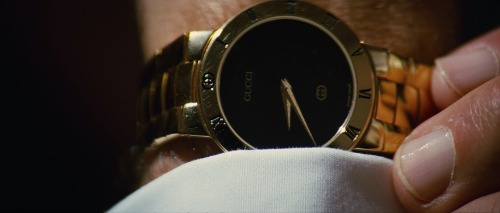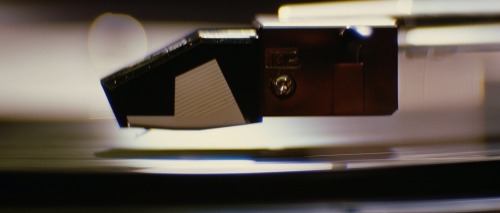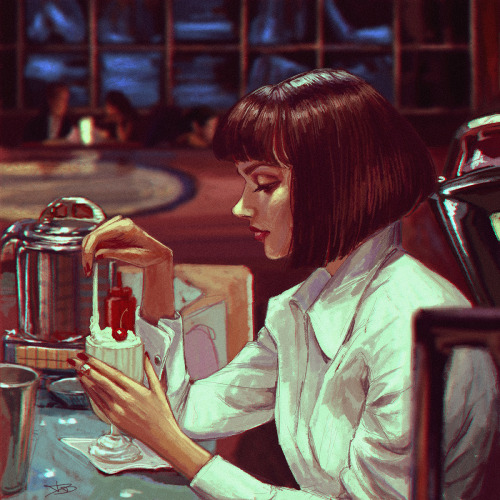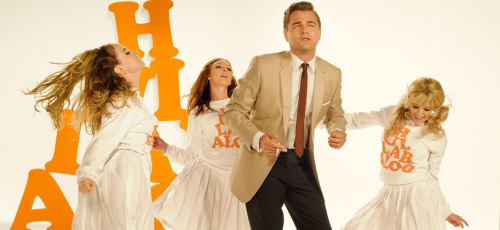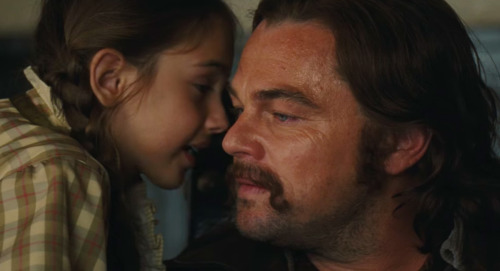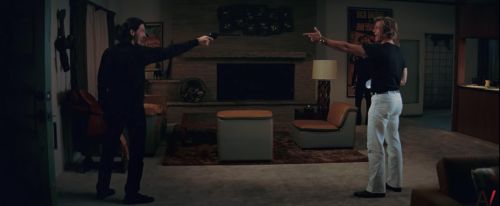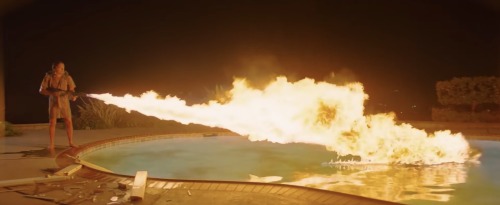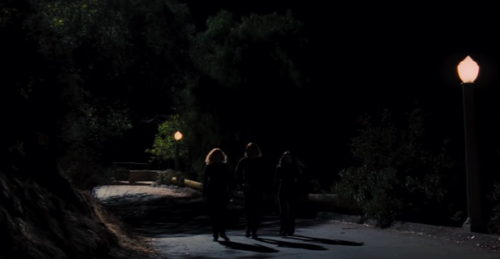#quentin tarantino
The Bride Returns by Chris Bergeron
“Made the pilgrimage out in the California desert to visit the Kill Bill Church (Two Pines Chapel), so obviously The Bride wanted to tag along.”
Prints available here https://bit.ly/3dmxuTQ
Post link
1.Black Narcissus (1947, Michael Powell & Emeric Pressburger)
2.The Living End (1992, Gregg Araki)
3.The Big Heat (1953, Fritz Lang)
4.Jackie Brown (1997, Quentin Tarantino)
5.Loveless(2017, Andrey Zvyagintsev)
6.Simple Men (1992, Hal Hartley)
7.Golden Eighties (1986, Chantal Akerman)
8.Peppermint Soda (1977, Diane Kurys)
9.Olla(2019, Ariane Label) (Short)
10.A Report on the Party and the Guests (1966, Jan Nemec)
Laughing and giggling at my phone in the train but I’m watching men covered in blood
Starring Harvey Keitel, Steve Buscemi, Tim Roth, and Quentin Tarantino
Directed by Quentin Tarantino

Six strangers have been carefully picked by crime boss Joe Cabot and his son, Eddie, to rob a jewelry store. On the day of the burglary, everything goes wrong. As the cops are quick on the scene, Mr. White (Keitel) and Mr. Pink (Buscemi) suspect one of the burglars are working for the police. On top of that, Mr. Blonde is a loose cannon who presents a danger to the surviving men. Through a series of flashbacks and anecdotes, we learn who the rat is and understand the burglars and their intentions
I think crime’s dehumanizing effect is illustrated throughout the film. The burglars don’t call each other by their real names and are forbidden from inquiring about each other’s backgrounds. They are discouraged from going to the hospital, as it puts everybody at risk, and lives are lost due to this commitment to self-interest. We also understand that the men view cops as somehow sub-human. When characters show empathy, they are worse at their jobs because of it. Mr. White puts himself on the line when he shares his name and background with the dying, pitiful Mr. Orange (Roth). His human emotions trump his criminal logic. White puts himself on the line, defending Orange solely on the grounds of their supposed personal relationship, only to be proved wrong in the end and killed. Mr. Pink also says, “Every time I ever got burned buying weed, I always knew the guy wasn’t right… but I wanted to believe him.” If he doesn’t step back from his humanity and view each situation pragmatically, he suffers. Interestingly, Mr. Pink is the film’s primary example of this logical dehumanization. This characteristic is introduced to the viewer when he explains his reasoning for why he doesn’t tip waitresses. While it’s unfair and inhumane, Pink has a practical explanation. He is also the most upset when Mr. White shares his identity to Mr. Orange. As a pragmatist, Pink understands the dangers of getting personal. Mr. Blonde, on the other hand, is cruel and dehumanizing just for the sake of it. The rationale that arguably justifies Pink’s actions can’t be said about Blonde. He kidnaps and tortures a cop without any added benefit to the heist. His inhumanity is inexplicable and twisted, yet Eddie and Joe Cabot view Blonde as distinctly honorable.
Interestingly, this dehumanizing quality also makes one a better police officer. Even though two of their men are slowly dying inside the warehouse, cops keep their distance from the building until Joe Cabot arrives, enraging the kidnapped cop. Orange also lets his humanity hurt his job performance. He kills Mr. Blonde to protect another cop, revealing his identity as the rat to the Cabots. He also feels a personal obligation to White, admitting the truth to him, potentially resulting in both of their deaths. In Orange’s flashback, he reveals his sympathies for and friendships with the criminals he’s infiltrating to his superior. The superior officer is angered, explaining, “Long Beach Mike is not your amigo.” He implies that Orange’s friendships and empathy make it difficult for him to be a good cop. Tarantino (dir) is illustrating that the irony in how the intentions and skills of the cops and the robbers are identical.
This movie, along with the rest of Tarantino’s filmography, has a distinct “macho man” energy. In the opening scene, the men sit around a diner table and openly discuss sexuality in the context of Madonna lyrics. Ironically, they’re discussing something arguably feminine, but they do so with a unique machismo that leads to them all butting heads. Similarly, Mr. Blonde’s flashback includes a strange argument with Eddie. The two bicker about who would be the other’s bitch had they both been gay. While this subject matter is not at all manly, their masculinity leads them down a power struggle of one-upping each other. Throughout the film, this argumentative manner is continued, resulting from a clash of strong male egos. When White voices legitimate complaints about Blonde’s erraticism, he is dismissed when Blonde states, “Are you gonna bark all day, little doggie, or are you gonna bite?” This demonstrates that the power structure of the group rests on masculinity rather than value, perhaps explaining their downfall.
I’m generally a Tarantino fan, so I had high hopes for this movie. I have to say, I was a bit let down. To me, Reservoir Dogs just doesn’t hold up to the rest of Tarantino’s filmography. That’s not to say this isn’t a good movie; the masterful cinematography and witty dialogue will keep the viewer interested. This just isn’t his best work. The machismo that is usually just a piece of the puzzle in other Tarantino films dominates this movie, something I honestly found a little boring.
17/20
PULP FICTION (1994) - Extreme close-ups and inserts
DIRECTOR: Quentin Tarantino
CINEMATOGRAPHER: Andrzej Sekula
Post link
Jackie Brown (1997)
“Jackie can tell me any story that comes into her pretty little head, just so long as at the end of that story she hands me my motherfucking money.”
Post link



what if you held me tight as i was bleeding to death in your arms… and we were both guys……
quentin tarantino just died at the oscars (trampled to death)
it’s unfortunately what he would have wanted
i. forgot about the feet involved in trampling. deleting my post why would you say this

